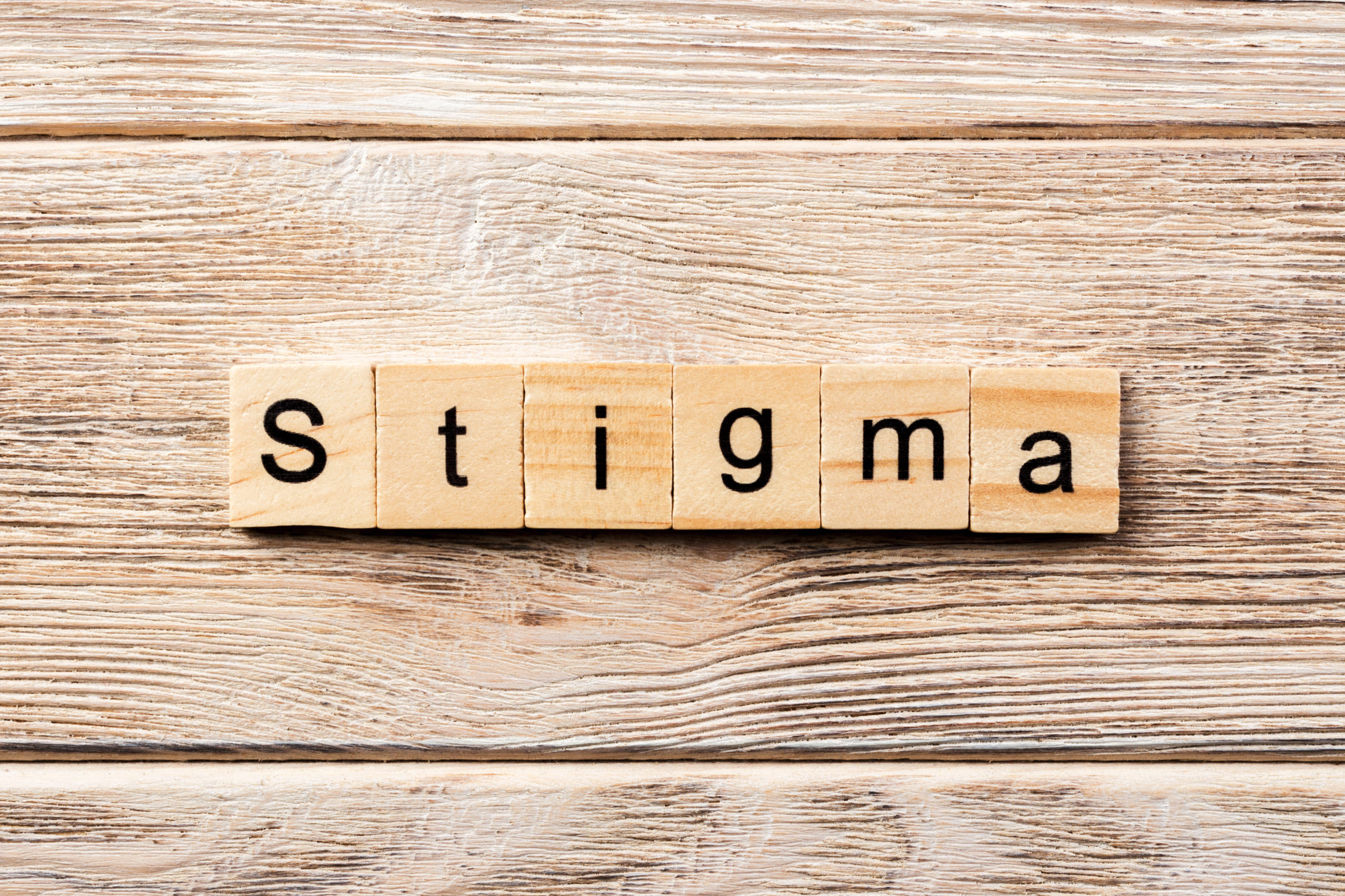The Faith in Harm Reduction online toolkit is a national collection of faith and community leaders who work together to address stigma against people who use drugs and advance liberation, health, and wholeness for communities impacted by overdose, trauma, stigma of substance use, and radicalized drug policy. Continue reading
Resource Tag: Stigma
Workplace Supported Recovery
The Workplace Supported Recovery website, from the National Institute for Occupational Safety and Health at the Centers for Disease Control and Prevention, includes an explanation of recovery-supportive workplaces, a definition of recovery, and specific recommendation for reducing the stigma against substance use disorder in the workplace. Continue reading
Pregnancy and Substance Use: A Harm Reduction Toolkit
This toolkit on pregnancy and substance use from a harm reduction perspective includes information intended for pregnant and parenting people who use drugs, their loved ones, and their service providers. Continue reading
Reducing Stigma Education Tools (ReSET)
This OpenEdX free training program on reducing stigma is designed for health care providers and includes 2 modules. The first module explains the impact of opioid use disorder stigma on patients and explores the medial model of addiction. The second module emphasizes developing practical tools for addressing stigma and delivering compassionate, recovery-oriented care to patients with opioid use disorder. Continue reading
Stigma-Free Communities Initiative Faith Organization Toolkit
This toolkit was designed to assist faith-based organizations in creating stigma-free communities. The toolkit includes information about stigma, a sample resolution for organizations to adopt, and information about forming a task force, creating an action plan, and communicating with the press. Continue reading
Morris County Proud to Be Stigma-Free
Morris County, New Jersey’s Proud to Be Stigma-Free Initiative’s website includes educational information about stigma and how it impedes individuals from seeking help for substance use disorder or mental health conditions. It also includes a community pledge and tool-kits for local municipalities, colleges and universities, and faith-based organizations. Continue reading
Recovery Reinvented
Recovery Reinvented is an initiative of the North Dakota Behavioral Health Division led by North Dakota First Lady Kathryn Burgum who herself is in long term recovery for over 18 years. The goal of Recovery Reinvented is to eliminate the shame and stigma of addiction in North Dakota through education and promoting proven prevention, treatment and recovery approaches. Continue reading

Reducing Stigma Surrounding Substance Use Disorders: Creating a Community-based Anti-Stigma Initiative
Reducing the stigma surrounding substance use disorders requires changing people’s attitudes and behaviors, a challenging task many state and local government and community organizations have undertaken. In this collection, we provide guidance on creating your own community anti-stigma campaigns and examples of programs currently in operation across the country. Continue reading

Reducing Stigma Surrounding Substance Use Disorders
This collection addresses one of the most significant issues surrounding the opioid crisis: the sigma faced by people who suffer from addictions.
The National Academies of Science, Engineering, and Medicine defines stigma as a range of negative attitudes, beliefs and behaviors that are associated with certain conditions such as addiction. Continue reading
Determinism and Destigmatization: Mitigating Blame for Addiction
This philosophical and scientific exploration of understanding addiction and stigma explores various models explaining addictive behavior, and presents a model of “pragmatic determinism” that recognizes an individual’s genetic or social factors may contribute to the development of addiction while also acknowledging that empowering an individual’s ability to make choices in a compassionate and effective treatment program can also be essential for treatment and recovery. Continue reading